Dr Devdutt Pattanaik is a medical doctor by training, a marketing consultant by profession, and a mythologist by passion. He has written and lectured extensively on the nature of sacred stories, symbols and rituals and their relevance in modern times.
The unconventional approach and engaging style evident in Devdutts lectures, books and articles also extends to this, his first work of fiction. Devdutt is based in Mumbai. To know more visit www.devdutt.com
Prologue
 They came like ants to honey. Warriors. Hundreds of warriors. Every self-respecting Kshatriya in Ilavrita, led by conch-shell trumpets, followed by a vast retinue of servants, wearing resplendent armour, bearing mighty bows, on elephants, on chariots, on foot, through the darkest nights and the coldest days of the year, along the banks of the Ganga, the Yamuna and the Saraswati, to the misty plains of Kuru-kshetra.
They came like ants to honey. Warriors. Hundreds of warriors. Every self-respecting Kshatriya in Ilavrita, led by conch-shell trumpets, followed by a vast retinue of servants, wearing resplendent armour, bearing mighty bows, on elephants, on chariots, on foot, through the darkest nights and the coldest days of the year, along the banks of the Ganga, the Yamuna and the Saraswati, to the misty plains of Kuru-kshetra.
They came, the young and the old, the adventurous and the inexperienced, to fight the Pandavas, or the Kauravas, or for dharma. Drupada came because he wanted to settle old scores. Shikhandi because he could not escape destiny. Some came obliged by marriage. Others because death in Kuru-kshetra guaranteed a place in Amravati, the eternal paradise of the sky-gods.
Many came for the glory. For this was no ordinary war. It would be the greatest battle ever fought over property and principle in the land of the Aryas. A battle of eighteen armies. Bards would sing of it long after the last warrior had fallen. This war would make heroes of men.
Soon banners of every king and kingdom fluttered along the horizon. Banners of Yudhishtira and Duryodhana, Bhima and Bhisma, Drona and Drupada, Karna and Arjuna. Banners from Gandhara, Kekaya, Kosala, Madra, Matsya, Panchala, Chedi, Anga, Vanga, and Kalinga.
Alas! There was no banner from Vallabhi.
Yuvanashva, the noble king of Vallabhi, son of Prasenajit, grandson of Pruthalashva, great grandson of Chandrasena, scion of the Turuvasu clan, wanted to come. Not for glory, not to settle any score, not out of a sense of duty either, he clarified to the Kshatriya elders, but to define dharma for generations to come is why I wish to go. Long have we have argued: Who should be king? Kauravas or Pandavas? The sons of a blind elder brother, or the sons of an impotent younger brother? Men who go back on their word, or men who gamble away their kingdom? Men for whom kingship is about inheritance, or men for whom kingship is about order? What could not be agreed by speech will now finally be settled in blood. All the kings of Ila-vrita will participate. I must too.
Yuvanashva had raised an army, filled his quivers, fitted his chariot and unfurled his banner. He had then gone to his mother, the venerable Shilavati, to seek her permission.
Widow since the age of sixteen, Shilavati had been the regent of Vallabhi, and custodian of her sons kingdom for nearly thirty years. She sat in her audience chamber on a tiger-skin rug, dressed in undyed fabrics, no jewellery except for a necklace of gold coins and tiger claws, and a vertical line of sandal paste extending from the bridge of her nose across her forehead. She looked as imperious as ever.
Placing his head on his mothers feet, his heart full of excitement, Yuvanashva had said, Krishnas efforts to negotiate peace between the cousins have collapsed. The division of the Kuru clan is complete. The five Pandavas have declared war against their hundred cousins, the Kauravas. The sound of conch-shells can be heard in the eight directions. It is a call to arms for every Kshatriya. This is no longer a family feud; it is a fight for civilization as we know it. Grant me permission so that I can go.
It was then that Shilavatis affectionate hand on her sons head stilled. Go, if you must, she said, her voice full of disapproval. Noble causes are noble indeed. But that is their story. I am interested only in yours. Should you die in Kuru-kshetra, my son, fighting for dharma, you will surely go to the realm of the Devas covered in glory. There, standing on the other side of the Vaitarni, you will find your father, your grandfather, your great grandfather and all the fathers before him. These Pitrs will ask you if you have done your duty, repaid your debt to your ancestors, fathered children through whom they hope to be reborn in the land of the living. What will be your answer then?
Yuvanashvas heart sank. He had no answer. Thirteen years of marriage, three wives and nothing to show for it.


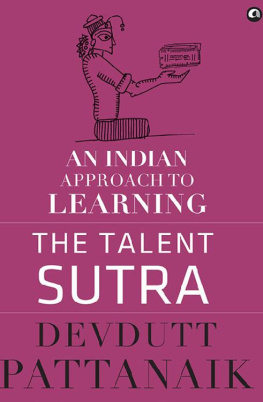
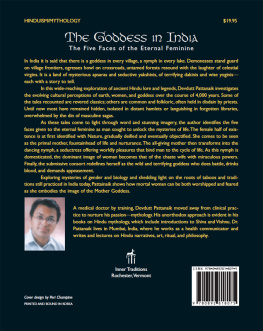
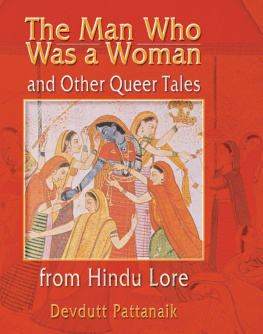
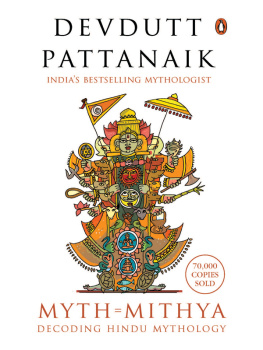
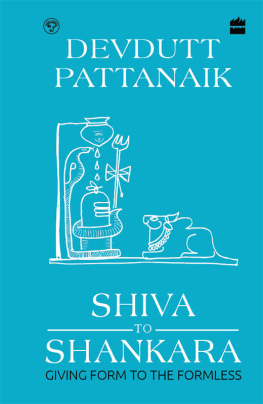
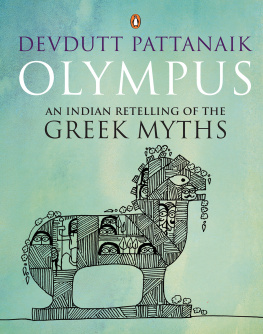
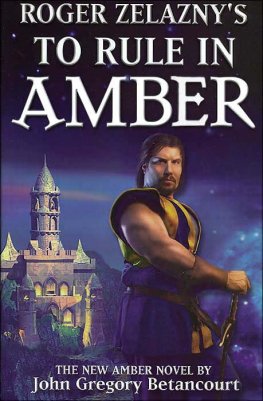
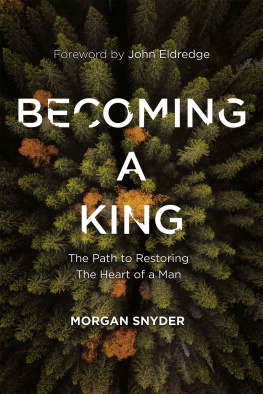
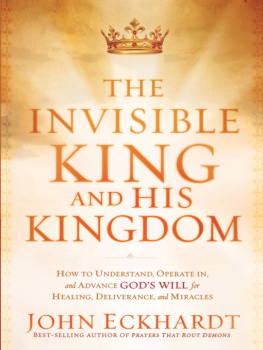
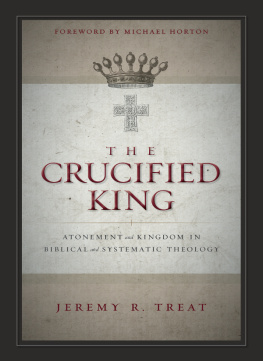
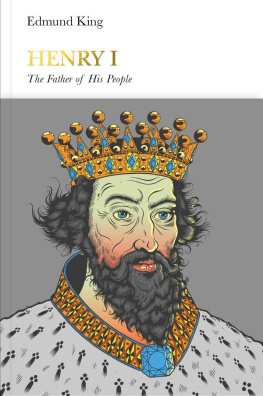
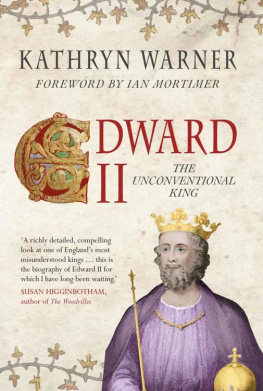


 They came like ants to honey. Warriors. Hundreds of warriors. Every self-respecting Kshatriya in Ilavrita, led by conch-shell trumpets, followed by a vast retinue of servants, wearing resplendent armour, bearing mighty bows, on elephants, on chariots, on foot, through the darkest nights and the coldest days of the year, along the banks of the Ganga, the Yamuna and the Saraswati, to the misty plains of Kuru-kshetra.
They came like ants to honey. Warriors. Hundreds of warriors. Every self-respecting Kshatriya in Ilavrita, led by conch-shell trumpets, followed by a vast retinue of servants, wearing resplendent armour, bearing mighty bows, on elephants, on chariots, on foot, through the darkest nights and the coldest days of the year, along the banks of the Ganga, the Yamuna and the Saraswati, to the misty plains of Kuru-kshetra.